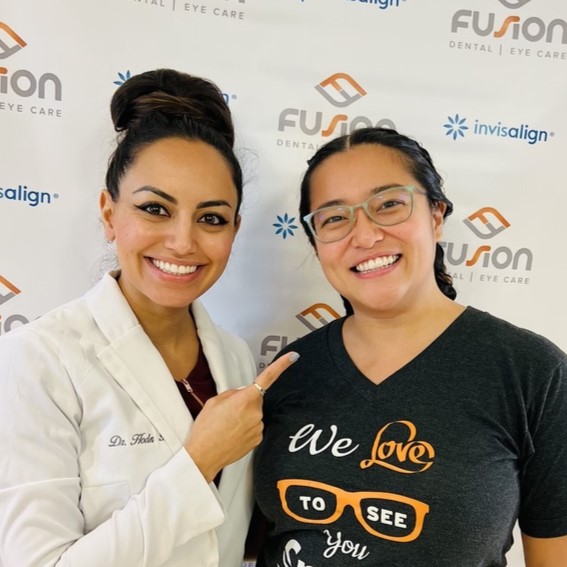Dentist Near Me
 Oral health is important at every stage in life. Just because your children are going to lose their primary (baby) teeth eventually doesn’t mean that we can ignore the importance of dental care. Tooth decay can be painful and uncomfortable to treat. To protect your child’s smile, it is vital to understand optimal preventive care.
Oral health is important at every stage in life. Just because your children are going to lose their primary (baby) teeth eventually doesn’t mean that we can ignore the importance of dental care. Tooth decay can be painful and uncomfortable to treat. To protect your child’s smile, it is vital to understand optimal preventive care.
- Explain the important of routine dental care to your children and turn brushing and flossing into something fun that they look forward to each day.
- Schedule routine appointments to our office for cleanings and dental exams. Your child should start seeing a dentist as soon as their first tooth emerges. Make sure to continue visiting us twice a year for optimal oral health.
- Include crisp and fibrous foods into your child’s diet. Fruits and vegetables high in water content help keep your child’s mouth hydrated. Foods such as apples increase saliva which inhibit bacteria from sticking to their teeth.
- Avoid food and drinks that are high in sugar. Soda, juice and candy are all treats that most children love to eat. However, these can be detrimental to your child’s teeth and overall health.
- Drinking plenty of water throughout the day is one of the easiest and most effective ways to prevent tooth decay. Water flushes bacteria and acid away from teeth. Encourage your children to drink water especially after eating.
- Ask us about dental sealants for your children. Sealants can add a layer of protection to your child’s teeth where bacteria build up to prevent damage.
Tooth decay starts out as a small problem, but left untreated can lead to serious oral health issues. By adding a few minor habits into your daily routine, your child’s oral health can change for the better. Simple changes in diet and routine can keep cavities at bay.
Call us today to schedule an appointment for your child.
6400 Creedmoor Rd., Suite 103
Raleigh, NC 27613
We are located at the corner of Creedmoor Road and Lynn Road.
Phone: (919) 335-7354

 Nearly 30 million Americans suffer from diabetes. Almost 65 million Americans have periodontal disease. Recent studies have suggested that there is a two-way connection between diabetes and periodontal (gum) disease. Patients with gum disease have increased risk of other diabetic complications and patients with diabetes are more prone to developing gum disease.
Nearly 30 million Americans suffer from diabetes. Almost 65 million Americans have periodontal disease. Recent studies have suggested that there is a two-way connection between diabetes and periodontal (gum) disease. Patients with gum disease have increased risk of other diabetic complications and patients with diabetes are more prone to developing gum disease. X-rays, or radiographs, have long been used in dentistry. Traditional film x-rays are a safe and effective part of your dental care, but they do require a small amount of radiation. In our office, we utilize digital x-ray technology that provides the benefits of film imaging but uses up to 80% less radiation. With our advanced digital radiographs, we can view your teeth and surrounding structures with remarkable accuracy.
X-rays, or radiographs, have long been used in dentistry. Traditional film x-rays are a safe and effective part of your dental care, but they do require a small amount of radiation. In our office, we utilize digital x-ray technology that provides the benefits of film imaging but uses up to 80% less radiation. With our advanced digital radiographs, we can view your teeth and surrounding structures with remarkable accuracy.
